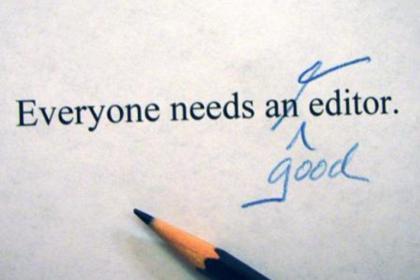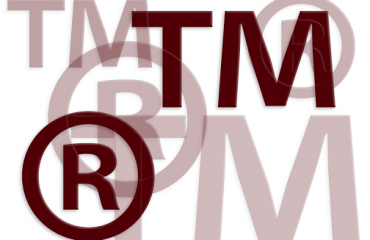
Writers are communicators who have the time to craft their message. Yet, no matter how many times they go through their work after they finish writing, they miss typos and other mistakes. In the era of speedier production and widespread Internet usage, typos have become more common. The results may be affecting other modes of communication as well, because typos have become more acceptable, according to the Forbes magazine article, Fall Of The Grammar Snobs: How Typos Became Okay.
Publications are churning out work so quickly that proofreading has suffered. Even the New York Times and other well-known newspapers have not escaped publishing glaring typos. While established names and informal social media communications do not suffer monetary harm, eliminating noticeable mistakes is crucial for many businesses.
Typos Cause Online Businesses to Lose Sales
In the article, Spelling mistakes ‘cost millions’ in lost online sales, the BBC reported that Charles Duncombe, an online entrepreneur, said that an analysis of website figures revealed that even one spelling mistake reduces online sales by half. Spelling is important for the credibility of a website, and online businesses, he said, have about six seconds to capture a potential customer’s attention and trust.
Customers who are concerned about credibility are most prone to being put off by spelling errors. As more businesses go online, the importance of the accuracy of website content cannot be underestimated. However, it is not only online businesses that suffer from such errors. A Daily News article titled, New York suffers in an era of error: Typos in signs are a scourge of the city, pointed out that spelling errors are widespread in New York and elsewhere. Such errors can make things worse, as these flaws have a viral effect.
There is a Scientific Reason Writers Miss Typos
Tom Stafford, a psychologist at the University of Sheffield in U.K., said in the Wired article, What’s Up With That: Why It’s So Hard to Catch Your Own Typos, that when writers proofread their own work, their eyes skim over errors because their mind gets in the way and makes the eyes miss what is actually there. Because writers know what they intend to convey, their eyes read one thing, but their brains translates it into what it should be. Hence, even experienced columnists and journalists are prone to such errors.
The Public Editor of the Toronto Star said, in the article titled, Typos won’t go away, no matter how we try: Public Editor, that he was also prone to such errors because he is a speed-reader and he uses a two-finger typing style.
Even though familiarity trips up many writers, they can help proofreaders and editors by reading over their content slowly and by spell checking and grammar checking their work prior to submitting it for publication. People who write frequently have used various tricks to reduce the amount of errors they make, such as reading their text backwards. Nonetheless, proofreaders and editors are more necessary today because of the new dynamics of communication in our era.



